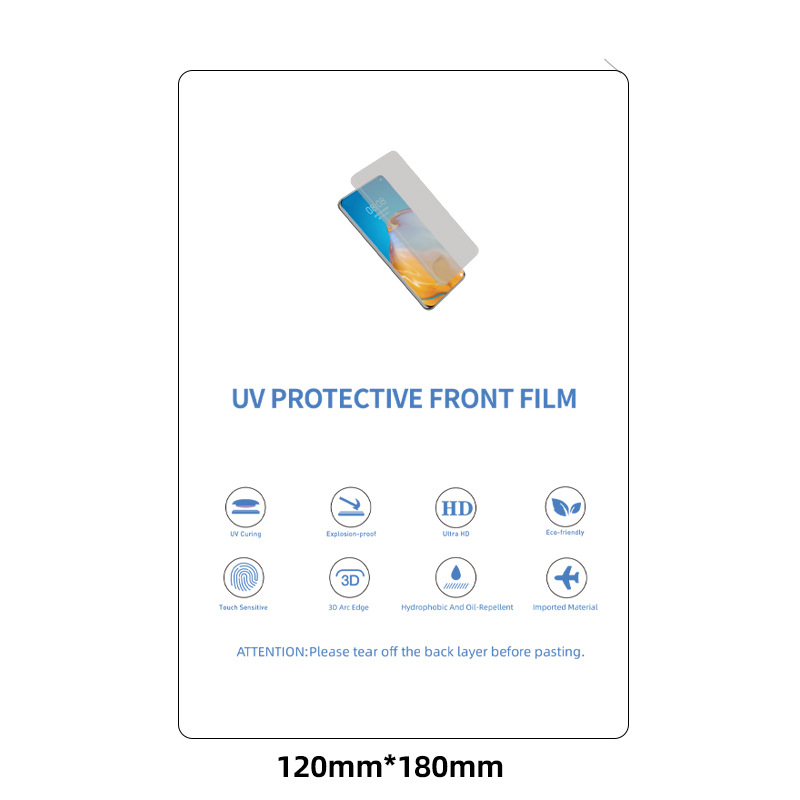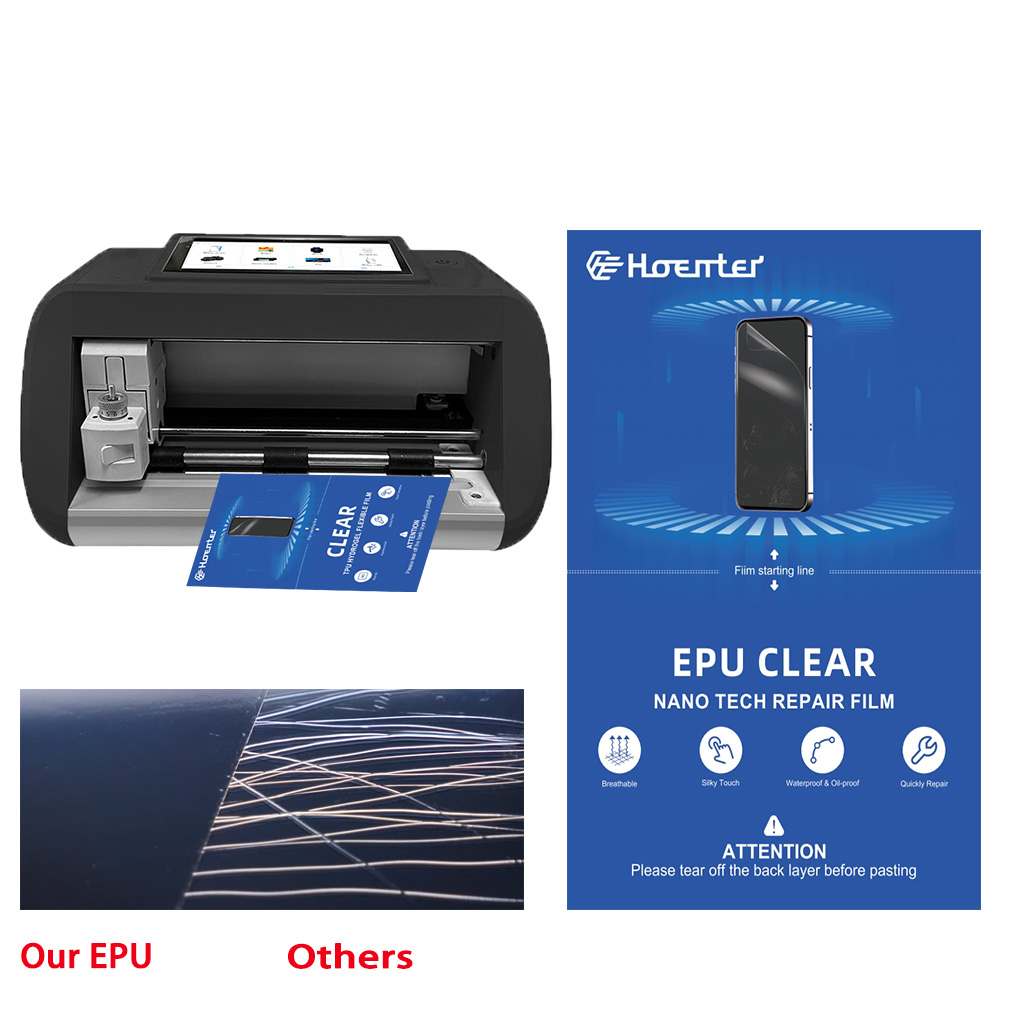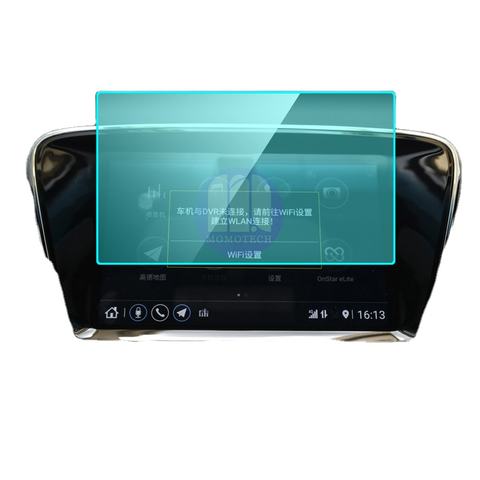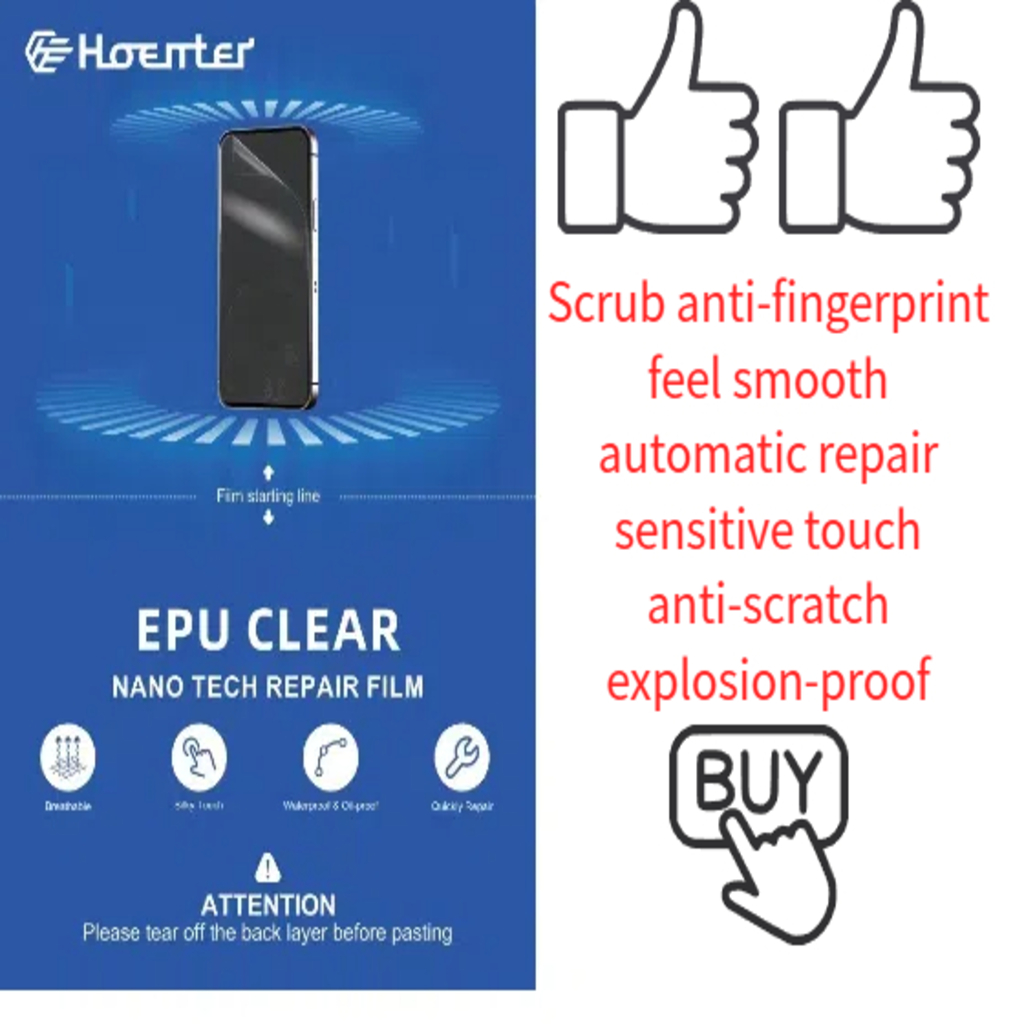
What Is TPU Material?
Índice
Resumen
- TPU is a versatile material combining the properties of rubber and plastic.
- It is created through a polyaddition reaction involving diisocyanates and diols.
- TPU is known for its flexibility, strength, and resistance to abrasion and chemicals.
- It is considered safe for use in consumer products, including medical devices.
- TPU filament is popular in 3D printing for creating flexible, durable structures.
- In consumer electronics, TPU is used for protective cases and connectors.
- Compared to other plastics, TPU offers superior durability and performance.
- Injection molding is a common process for manufacturing TPU products.
- TPU’s durabilidad extends product lifespan and supports sustainability.
- Future trends include expanding applications in automotive, healthcare, and sports industries.
Whether you’re a manufacturer, designer, or consumer, understanding TPU can help you make informed decisions about the materials you use and the products you create.
What is TPU and Why is it Important?
TPU is a versatile material that bridges the gap between rubber and plastic. Its unique properties make it suitable for a wide range of applications, from flexible phone cases to durable industrial components. The importance of TPU lies in its ability to combine flexibility with strength, offering solutions that other materials cannot match. For instance, TPU’s elasticity allows it to absorb shocks and impacts, protecting delicate items like electronics from damage.
How is TPU Made? Understanding the Composition
The production of TPU involves a chemical reaction known as polyaddition, where a diisocyanate reacts with one or more diols. This process creates a polymer with alternating hard and soft segments, giving TPU its distinctive properties. The hard segments provide strength and rigidity, while the soft segments offer flexibility and elasticity. By adjusting the ratio of these segments, manufacturers can tailor TPU to meet specific requirements, such as increased flexibility for wearable devices or enhanced hardness for industrial applications.

What are the Properties of TPU?
TPU’s properties make it a standout material in various industries. Its high tensile strength ensures that products made from TPU can withstand significant stress without breaking. The material’s elasticity allows it to stretch and return to its original shape, making it ideal for applications that require flexibility. Additionally, TPU’s resistance to oil, grease, and abrasion ensures that it maintains its performance even in challenging environments. These properties make TPU a reliable choice for products that need to endure wear and tear over time.
Is TPU Safe for Use?
Safety is a top priority when selecting materials for consumer products, and TPU meets the necessary standards. It is non-toxic and does not release harmful chemicals, making it safe for use in products that come into contact with skin, such as medical devices and wearable technology. TPU’s safety credentials have made it a popular choice in industries where consumer health and safety are paramount.
How is TPU Used in 3D Printing?
TPU filament is a game-changer in the world of 3D printing. Its flexibility and strength allow for the creation of complex structures that can withstand wear and tear. TPU filament is particularly useful for printing items that require elasticity, such as phone cases, shoe soles, and flexible joints. The ability to print with TPU opens up new possibilities for designers and engineers, enabling them to create innovative products that were previously difficult to manufacture.
What are the Applications of TPU in Consumer Electronics?
In the consumer electronics industry, TPU is used for protective cases, cables, and connectors. Its ability to absorb impact and resist abrasion makes it ideal for protecting delicate electronic components. TPU’s flexibility also allows for innovative designs that enhance the functionality and aesthetics of electronic devices. For example, TPU cases can provide a secure grip and shock absorption, protecting smartphones from accidental drops.

How Does TPU Compare to Other Plastics?
Compared to other plastics, TPU offers a unique combination of flexibility and strength. While materials like TPE (Thermoplastic Elastomer) share some similarities with TPU, TPU’s superior abrasion resistance and durability set it apart. This makes TPU a preferred choice for applications that demand high performance and longevity. For instance, TPU’s resistance to wear and tear makes it ideal for products that are subject to frequent use, such as sports equipment and footwear.
What is the Role of TPU in Injection Molding?
Injection molding is a common manufacturing process for TPU, allowing for the mass production of complex shapes with high precision. TPU’s melt-processable nature makes it ideal for injection molding, enabling the creation of products with intricate designs and consistent quality. This process is widely used in industries such as automotive and consumer electronics, where precision and efficiency are critical.
How Does TPU Enhance Durability in Products?
The durability of TPU is one of its standout features. Products made with TPU can withstand harsh conditions, including exposure to chemicals, UV light, and extreme temperatures. This durability extends the lifespan of products, reducing the need for frequent replacements and contributing to sustainability. For example, TPU’s resistance to UV light makes it suitable for outdoor applications, where exposure to sunlight can degrade other materials.

What are the Future Trends in TPU Applications?
As technology advances, the applications of TPU continue to expand. Innovations in TPU processing and formulation are leading to new uses in industries such as automotive, healthcare, and sports equipment. The versatility and adaptability of TPU make it a material with significant potential for future developments. For instance, TPU’s ability to be recycled and reused aligns with the growing demand for sustainable materials, making it an attractive option for environmentally conscious manufacturers.
Comentarios
Etiquetas

Precios de las Máquinas de Protectores de Pantalla para Teléfonos: Lo que las pequeñas empresas necesitan saber
Este aumento de la demanda ha dado lugar a un mercado en auge de protectores de pantalla para teléfonos, lo que lo convierte en una atractiva oportunidad de negocio para las pequeñas empresas.

Pedidos personalizados - Cómo una fábrica de protectores de pantalla puede satisfacer sus necesidades
La importancia de los pedidos personalizados en la fabricación de protectores de pantalla se refleja en su capacidad para satisfacer las necesidades personalizadas de los consumidores, al tiempo que promueve el avance de la tecnología de producción y la mejora de los beneficios económicos, pero también se enfrenta a problemas como la complejidad de la producción, la gestión de la cadena de suministro y los retos logísticos.
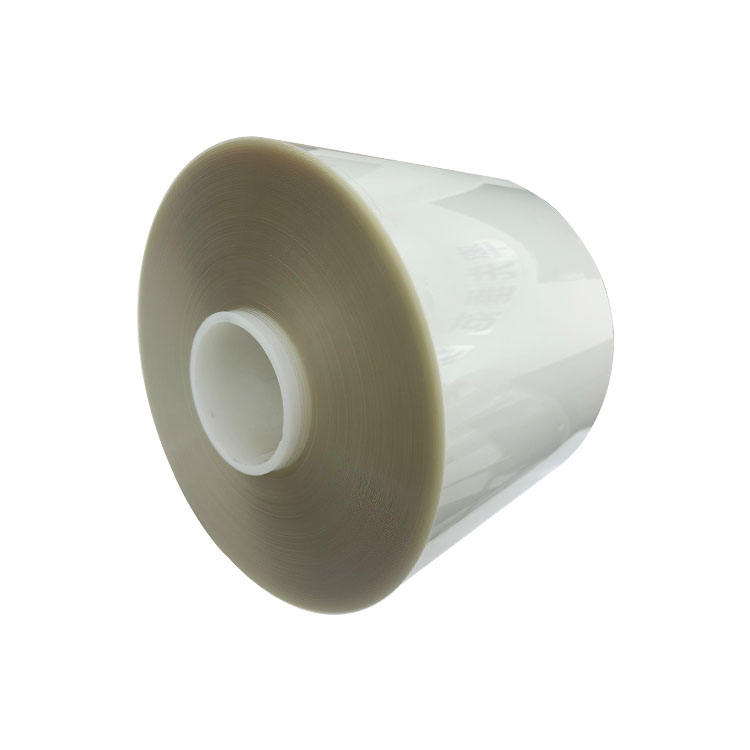
EPU vs. TPU Screen Protectors: The Ultimate Showdown for Your Phone’s Display!
Choosing between EPU and TPU screen protectors? Learn the differences in self-healing to find the perfect protection for your phone’s display.

El impacto de las cortadoras inteligentes de protectores de pantalla en la reducción de residuos y la mejora de la precisión
El impacto de las cortadoras inteligentes de protectores de pantalla en la reducción de residuos y la mejora de la precisión se refiere a la innovadora tecnología que personaliza los protectores de pantalla utilizando métodos de corte avanzados y materiales sostenibles.
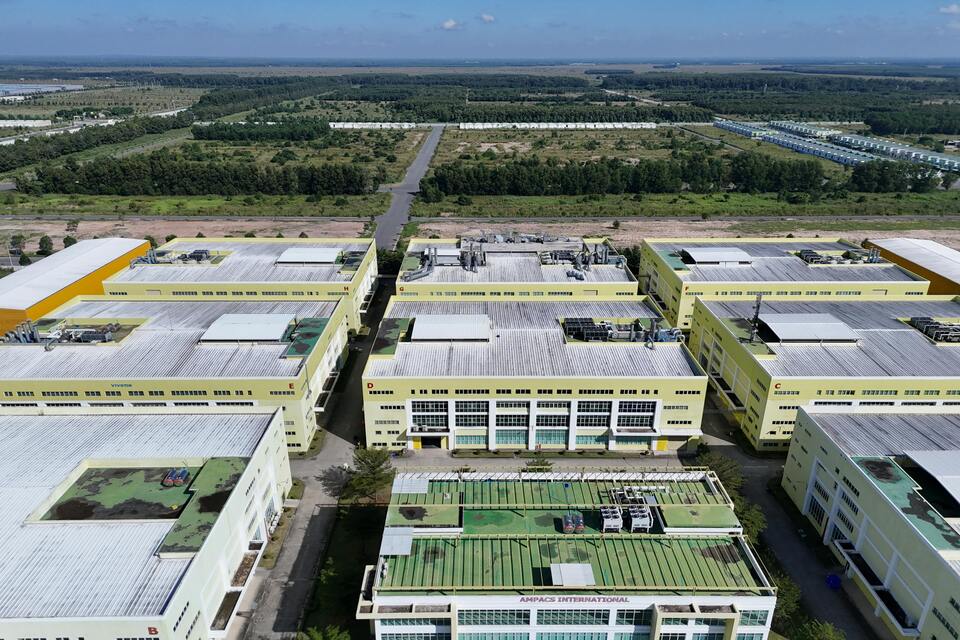
¿Los protectores de pantalla tipo papel son malos para el Apple Pencil?
By weighing the pros and cons, you can decide whether a Paperlike screen protector is the right choice for your iPad and Apple Pencil setup.
Encuentre Todos los conocimientos y tendencias de nuestro blog, obtenga el precio al por mayor y la mejor calidad de nuestra fábrica.
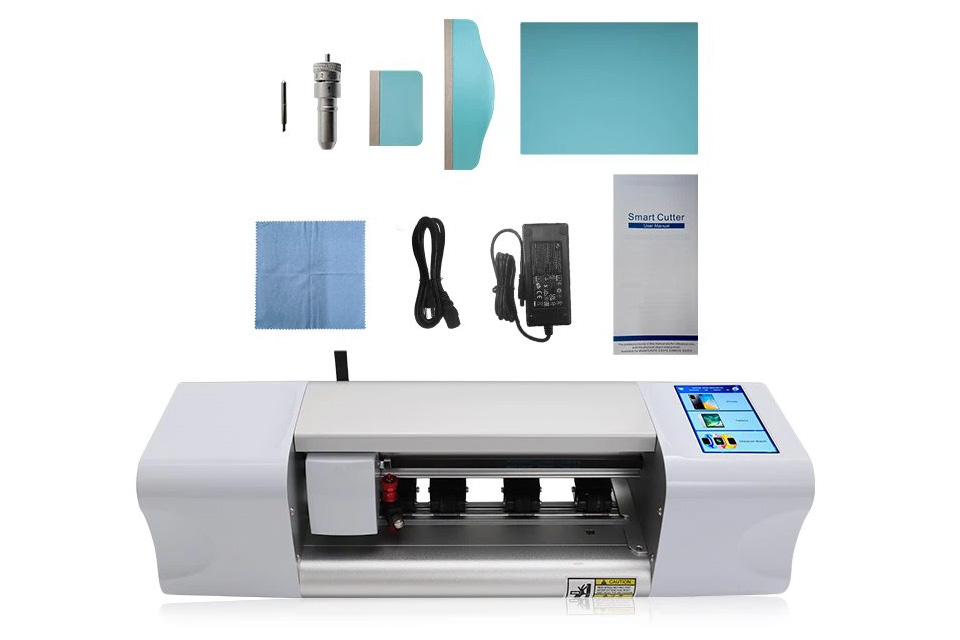
Qué máquina de corte de película y su aplicación
Las cortadoras de película han desempeñado un papel crucial en la evolución del cine y de diversos procesos industriales al permitir el corte y empalme precisos de materiales de película.
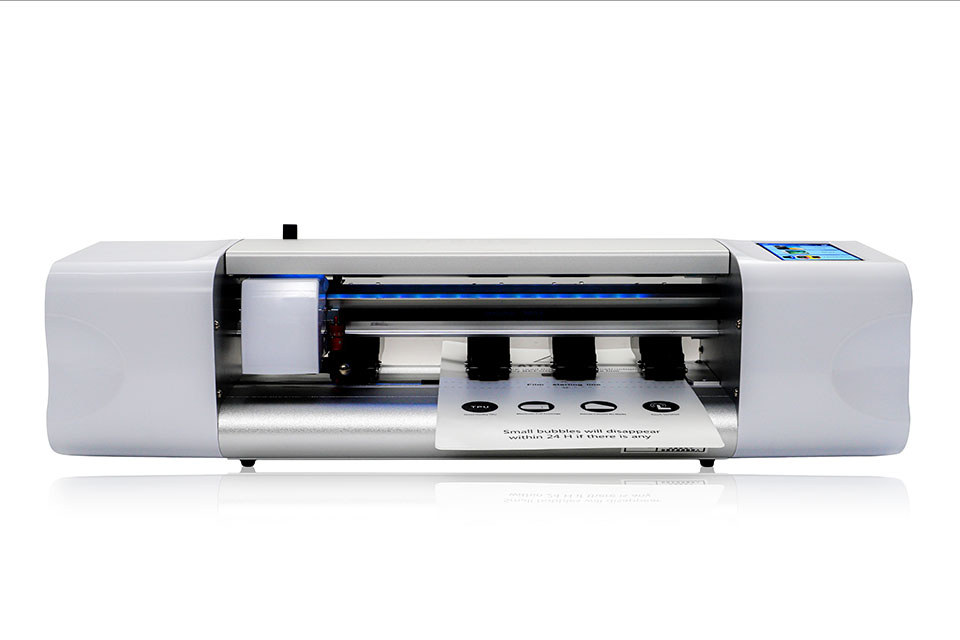
¿Qué es una máquina cortadora de protectores de pantalla?
Una cortadora de protectores de pantalla es un dispositivo especializado diseñado para producir protectores de pantalla a medida para diversos dispositivos electrónicos, como smartphones, tabletas, smartwatches, portátiles y monitores.
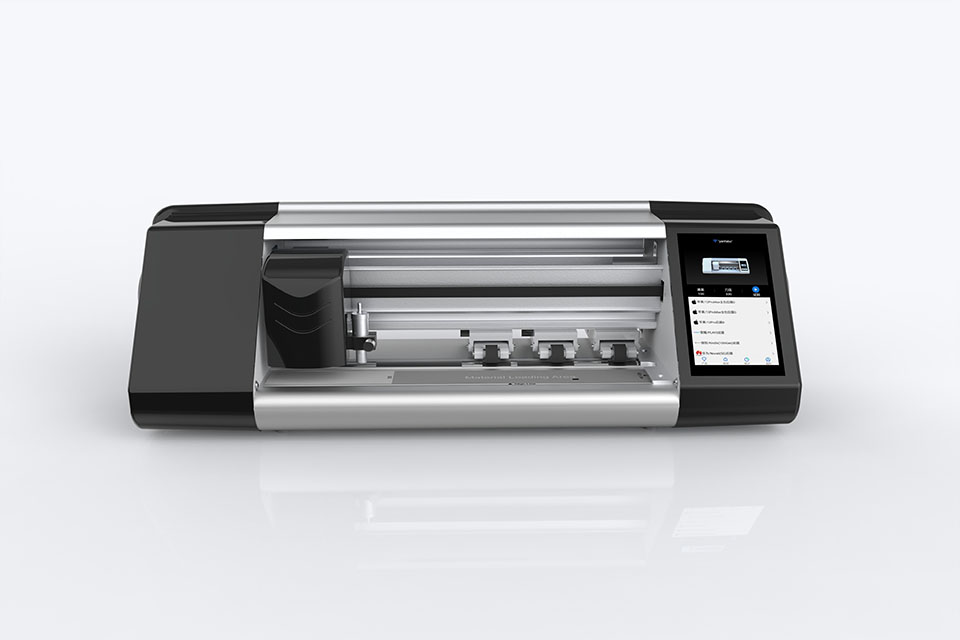
Cómo funciona la máquina de corte de protector de pantalla de teléfono móvil?
Una máquina cortadora de protectores de pantalla para teléfonos móviles es un sofisticado dispositivo diseñado
fabricar protectores de pantalla personalizados para diversos dispositivos digitales con alta preci
y eficiencia.
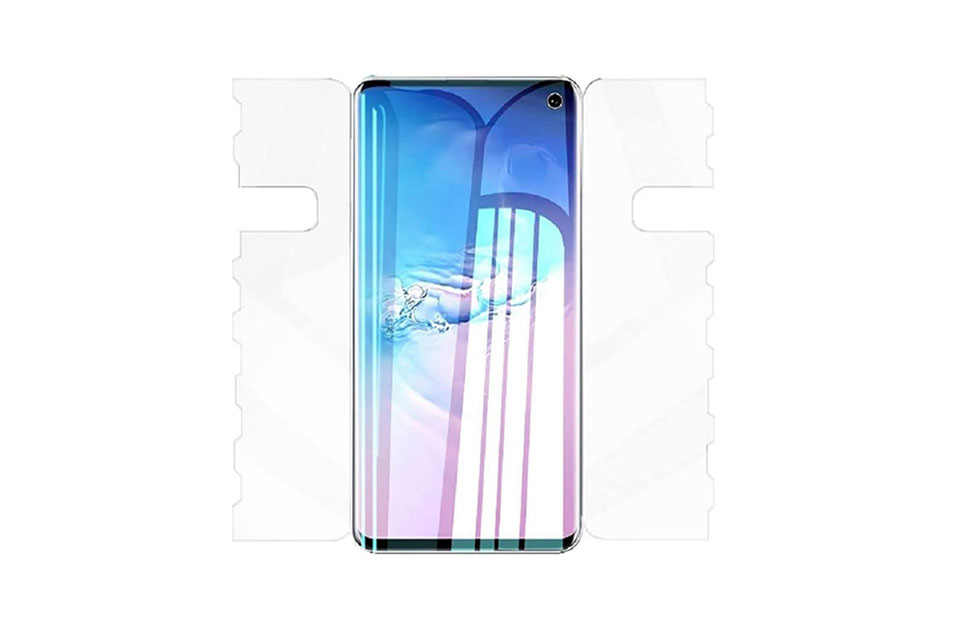
Características del cristal templado para teléfonos móviles y del protector de pantalla de TPU para teléfonos móviles
Los protectores de pantalla de poliuretano termoplástico (TPU) son flexibles, duraderos y
películas plásticas autorreparadoras diseñadas para proteger las pantallas de los dispositivos electrónicos de
arañazos, golpes y otros posibles daños.
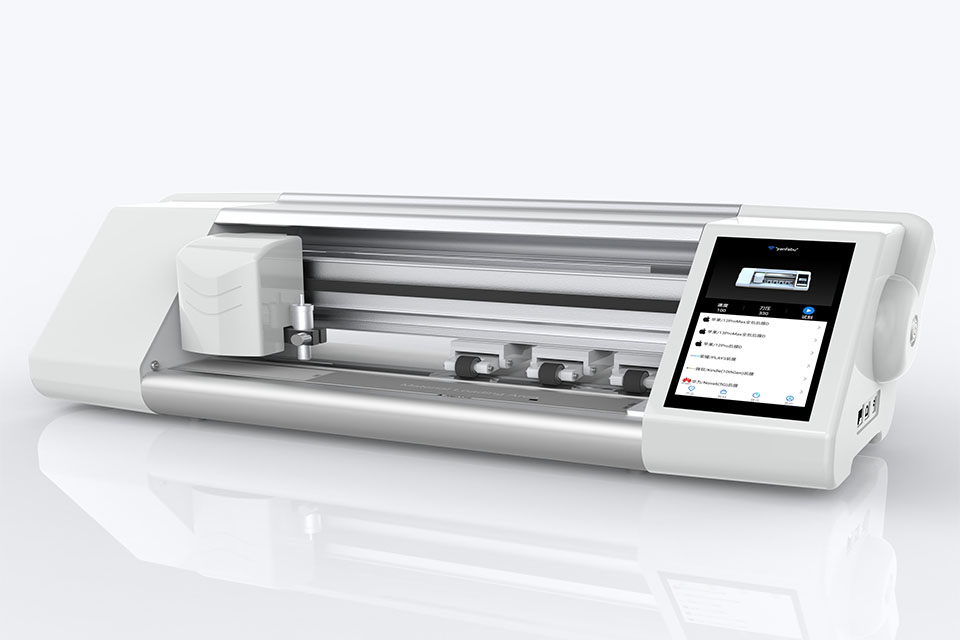
Revolucione la protección de sus dispositivos con la cortadora de protectores de pantalla
Tanto si tienes un smartphone, una tableta o un smartwatch, esta versátil máquina se adapta a una amplia gama de dispositivos. Se adapta perfectamente a las dimensiones de tu gadget, ofreciendo un ajuste personalizado que los protectores genéricos no pueden igualar.
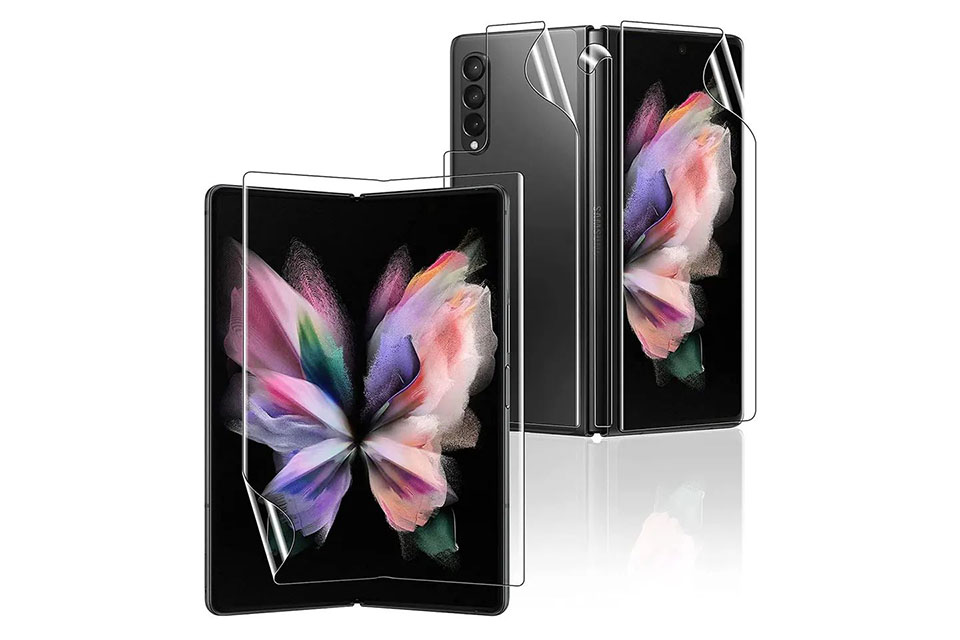
Protector de pantalla Garantía de por vida
La garantía de por vida de un protector de pantalla es una garantía proporcionada por los fabricantes que
se compromete a reparar o sustituir un protector de pantalla durante toda la vida útil del producto, en condiciones específicas.

